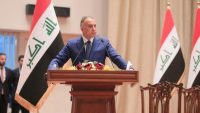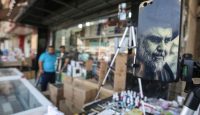
Iraq’s new MPs must unite to achieve genuine change
Iraq’s newly-elected MPs recently gathered for the first time, three months after an election in which an alternative new generation of independents and protest parties won dozens of seats in parliament. This new cohort have the potential to gradually reform the political system, but must work towards forging a unified strategy if they are to effect change.
Early statements from some of these ‘alternative MPs’, who combined represent more than 70 seats, indicated a desire to form a unified coalition, but such an alliance has been difficult to forge.
Even before the October 2021 elections, divisions in tactics emerged amongst disillusioned Iraqis who had taken part in popular protests in 2019-20.… Seguir leyendo »
















